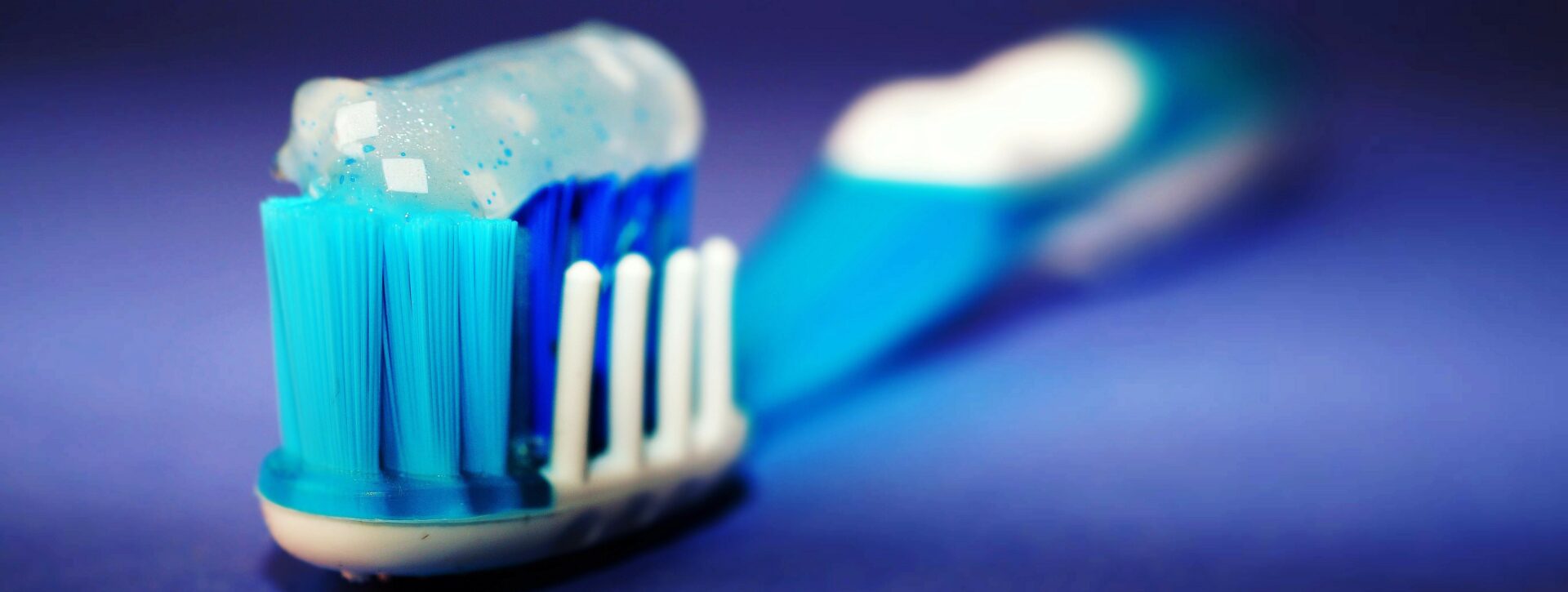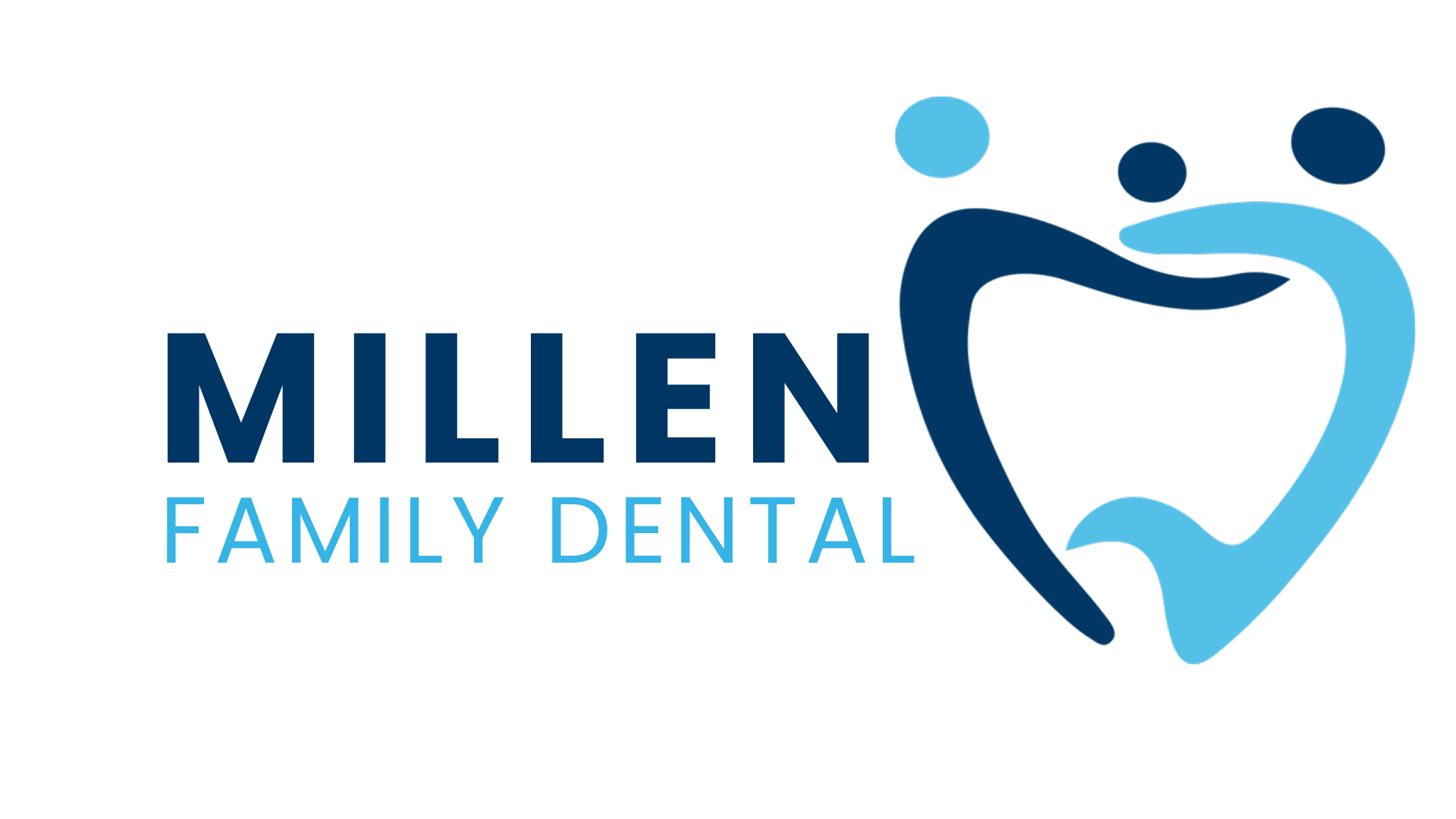
Stop Brushing Your Teeth Immediately After Eating: Here’s Why
As a child, you were likely told that you should brush your teeth immediately after meals. Do you still rush to brush your teeth immediately after eating lunch? This habit might be one of the most destructive things you can do to your teeth! Although it seems counterintuitive, it’s often best to wait at least half an hour before brushing your teeth. When certain foods have been consumed, your toothbrush becomes a weapon against your enamel, instead of a protective tool.
This article investigates the reasons behind this suggestion and explores why this simple change in our dental care routine makes a significant difference to the health of our teeth.
It’s a normal desire to feel like you need to brush your teeth after you eat something you know is sugary, but while it may be appealing to brush right after mealtimes, here’s why you should wait before brushing your teeth.
How acid softens enamel
Your teeth each have their own little defense system: enamel. Enamel is a shield that protects the sensitive center of each tooth from damage. Though it is made of extremely durable materials and is stronger than your bones, enamel is vulnerable to one thing: acid. Exposure to acidic foods or drinks is the primary reason enamel starts to wear away. This is a process known as dental erosion. According to the American Dental Association, dental erosion is “a chemical process characterized by acid dissolution of dental hard tissue”. When acids come in contact with teeth, they start to eat away at the protective enamel, causing dental erosion and demineralizing your teeth. Erosive demineralization results in a slow but irreversible loss of the enamel that guards your teeth.
The Process
Acid forms in the mouth when anything sugary or acidic is introduced into the oral environment. Naturally, your mouth maintains a neutral pH balance, but when you eat or drink that balance shifts and becomes acidic. When your oral environment is acidic, the acid mixes with the bacteria on your teeth, leading to cavities being formed. In the human mouth, there are 700 different types of bacteria, some of which are harmful and can create cavities. Your enamel is supposed to protect your teeth from dangerous bacteria, but when it is exposed to acid, the enamel softens. Acid weakens the enamel and leaves it vulnerable. The good news is that enamel rehardens. In an amazing process, each tooth will quickly reharden after acid contact, and in thirty to sixty minutes, your enamel is hard again!
Enamel remineralization is a cyclical process, and our teeth are constantly in a cycle of being softened by acid then rehardened in time. If your enamel is given time to harden, then no lasting damage will occur, but if enamel is scraped away while its soft, damage is permanent. Because enamel does not contain living cells, if it is flawed or worn away, it cannot grow back or replace lost matter. If enamel is damaged, the shield meant to protect your teeth is gone forever. Cavities and painful sensitivity will begin, so to avoid these outcomes, it’s important to take care of our enamel.
Why brushing causes harm
We all know that brushing removes harmful bacteria from our teeth, so it might seem like the best option would be to immediately brush our teeth as hard as we can to remove all that dangerous acid. This, however, is the worst thing we could do. When your enamel is in a softened state, brushing your teeth won’t just brush away the acid, it’ll brush away your enamel too! Instead of helping your teeth, it harms them, because immediate brushing causes erosion.
This is why dentists like Dr. Ezzard Rolle recommend “holding off on brushing after consuming anything acidic, whether it’s fruit, soda, juice, or sour candy.” Almost all foods are acidic to some degree, but drinks, sour candies, citrus juices, and citrus fruits are exceptionally acidic, and therefore are most dangerous to your enamel.
Even the softest toothbrush is far too abrasive to use on your enamel when it’s been weakened by exposure to acid. One study followed test subjects for three weeks while scientists tracked the effects of brushing their teeth after subjects drank soda. Those who brushed 20 minutes after drinking the acidic soda experienced an increase in dentin loss, but those who brushed half an hour or an hour after had significantly less loss of enamel. Researchers concluded that “for protection of dentin surfaces, at least 30 minutes should elapse before tooth brushing after an erosive attack.”
The alternative
The best course of action is to wait thirty to sixty minutes before you brush your teeth. Most dentists recommend half an hour, but the official recommendation of the American Dental Association is 60 minutes.
During that time, the saliva in your mouth helps restore minerals to your enamel, naturally neutralize the acid, and harden the enamel again. Saliva is sometimes called “the mouth’s natural defense system, and for valid reason! It washes away food particles and contains minerals like phosphate and calcium, which are vital for strengthening the enamel and remineralizing teeth.
Waiting half an hour to brush your teeth also protects your gum health. Intense brushing causes gun damage, especially on gums still recovering from exposure to spicy, sugary, or acidic foods. To give gums time to recover, wait half an hour, so gums will be less irritated and there is less risk of pain or inflammation.
Instead of rushing to brush your teeth right after a meal, here are three options to consider instead.
Three alternatives to immediate brushing
Brushing your teeth is still important, as food particles and bacteria still do need to be removed, but while you’re waiting for your enamel to harden, there are a few optional actions you can take to protect your teeth: drink water, chew sugarless gum, or consume dairy products.
Drink water
When you’ve finished consuming your meal or snack, drink a glass of water. While water has great overall health benefits, it’s necessary to keep your mouth healthy. As water washes over your teeth, it sweeps away the acid that remains, preventing it from causing further damage. Swishing water around your mouth can help dislodge food particles stuck between teeth, which keeps sugary or acidic foods from hiding in cracks where they might lead to cavities. Water also aids saliva in helping the remineralization process, carrying important minerals back to the enamel during the repair process.
Chew sugarless gum
Chewing sugarless gum assists in the remineralization process by increasing saliva flow. More saliva means that the acid will be neutralized faster, shortening the time window in which harm can occur. It’s important to note here that these benefits only apply to sugarless gum, as gum that contains sugar will only add more acid into your mouth, worsening the damage instead of correcting it.
The cavity-fighting powers of your gum will be increased if you opt for a gum that contains xylitol. Bad bacteria see xylitol as similar to sugar and attack it instead of your teeth. It’s similar to sugar, so harmful bacteria may try to eat it, but not similar enough to actually let them digest it. Xylitol also helps block the production of acids after eating. Unlike sugar, xylitol breaks down in a way that can prevent bad bacteria from clinging to teeth, protecting your teeth from damage.
Eat dairy products
Similar to sugarless gum, dairy products defend teeth by aiding in saliva production. But foods like milk, cheese, or yogurt all have a hidden superpower: the vitamins they contain. Milk holds two essential minerals: calcium and phosphorus. Teeth are primarily composed of calcium-phosphate, and in order to stay strong they need remineralization to counteract the damage from acid or daily wear. One study found that consuming dairy products keeps your teeth healthy. Calcium and phosphorus are indispensable for dental health, and dairy products are an easy way to make sure your teeth get enough of these essential vitamins.
Preventing acid damage
Lastly, rather than focusing only on post-meal dental care, try to prevent initial damage from acid; this can be done in two ways.
1- Brush Before and After
First, some dentists argue for brushing your teeth before you consume anything sugary or acidic. To understand this, let’s review how cavities occur: plaque on teeth mixes with sugar, a carbohydrate, and this produces acid. Dental hygienists often simplify this to the simple equation of “plaque bacteria plus a fermentable carbohydrate equals acid.” Removing either the plaque or the carbohydrate will minimize the acid production, and therefore the harm.
If you remove the plaque from the teeth before consuming the carbohydrate, you remove the ability to produce the acid that damages teeth. Brushing after you eat isn’t preventing your teeth from harm, because the acid has already been produced. Dr. Martin Addy of Bristol, England, a long-time advocate of brushing before eating, claims that brushing after the acid is produced is not preventive, as preventive implies intervention before the harm occurs. To genuinely prevent harm, brush your teeth before consuming the food, as this will prevent acid from forming. To wash away food particles or freshen your breath, you can use water or mouthwash after eating, as this is gentle on your enamel.
2 – Limit Acid Intake
Second, it’s always a healthy choice to limit your intake of acidic or sugary foods. This is better for your body, of course, and will also cut down on your risk for cavities. Instead of focusing on how to prevent acid in your mouth from harming your teeth, wouldn’t it be better to make sure your teeth are never exposed to harmful acid in the first place? Try to avoid foods or drinks containing significant amounts of sugar or acid, particularly if you know you won’t be able to brush your teeth in the correct time window.
Conclusion
Although you should wait thirty to sixty minutes before brushing your teeth, it’s crucial that you don’t use this as an excuse to skip brushing your teeth. Tooth brushing is one of the most effective ways to prevent cavities.
What’s key is to be certain to brush sometime after your last meal before you go to bed. If you forget to brush your teeth, any leftover acid will mix with bad bacteria and cause cavities.
After half an hour, brush gently yet effectively at the gumline and on all surfaces of your teeth, to keep your enamel healthy and your teeth strong!
